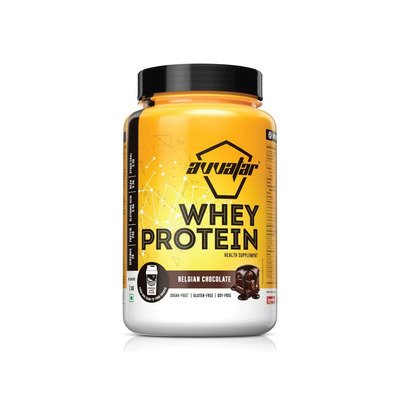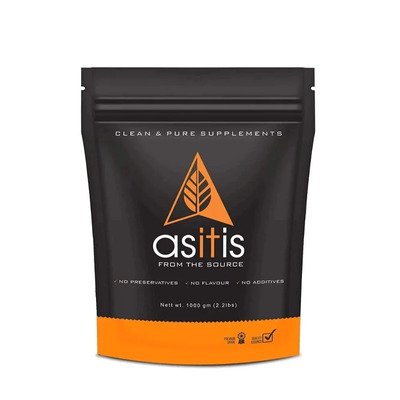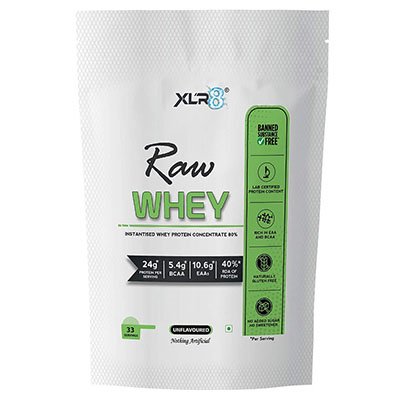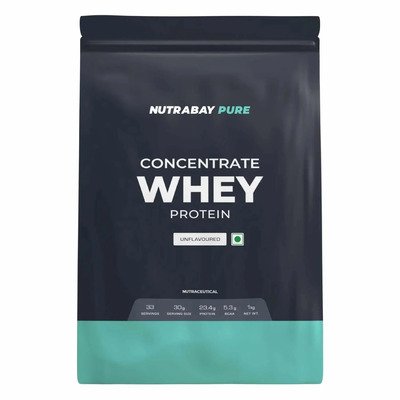What is Protein
Protein is a nutrient that builds cells and helps them grow, repair and function. They are one of the basic building blocks of life, made up of long chains of smaller subunits called amino acids and are essential for the structure, function, and regulation of the body's tissues and organs. There are 20 types of amino acids that together make different proteins. The function of protein is to build and repair muscles in our body.
Types of protein :
1. Simple Protein
2. Combined Protein
3. Derivative Proteins
Simple proteins: They are proteins composed only of amino acids, such as albumin, globulin, histones.
Complex proteins: They are proteins which contain molecules of some other substances along with amino acids like chromo proteins, glyco proteins.
Derivative proteins: Proteins that are formed by hydrolysis of natural proteins such as peptones.
Protein sources:
Plant Based Protein:It is scientifically believed that plant-based proteins are the best proteins. Scientifically it is believed that the best protein is plant-based protein which you can get from pulses, legumes and vegetables.
Dairy Based Protein: Secondly, the best sources of protein are dairy products like milk, curd, cheese and milk products.
Animal Based Protein: third is animal based protein which is found in red meat, fish and chicken.
Important functions of proteins:
- They participate in cell, protoplasm and tissue formation.
- It also provides energy to the body when needed.
- Proteins are essential for the development of skin, blood, muscle and bone cells.
- Genetics control the development of traits.
- They also help in the production and production of antibodies.
Protein deficiency diseases:
- Protein deficiency in children causes kwashiorkor and marasmus diseases.
- Muscle Loss
- Weakened Immunity
- The amount of ketones in the body increases, which is a toxic substance.
Recommended Daily Intake:
According to the new guidelines ICMR (Indian Council of Medical Research), the protein recommendation is 0.83 g per kg of bodyweight in a day, and the estimated average intake is 0.66 g per kg of bodyweight in a day.
The recommended daily intake of protein can vary depending on factors such as age, gender, activity level, and overall health. For most people needs around 1 grams of protein per kilogram of body weight. According to a comprehensive meta analysis, you need 1.2 to 2.2 grams of protein per kilogram of your body weight throughout the day for optimal muscle building.
- 1 gram of protein for normal person.
- 1.2 to 2.2 gram of protein for bodybuilder to muscle build.
Protein rich foods which can fulfill your protein requirement:
- Meat and fish (salmon, tuna)
- eggs
- Dairy products (milk, curd)
- Seeds and nuts (walnuts, pumpkin seeds)
- Legumes such as beans and lentils (chickpeas, lentils)
When is the best time to eat protein?
Consuming protein throughout the day is beneficial. It is especially important to consume protein after exercise to aid muscle recovery and growth.
Is animal protein better than vegetable protein?
Both animal and plant proteins have their benefits. Animal proteins are complete and usually rich in certain nutrients like B12 and iron, while plant proteins often contain more fiber and less saturated fat.
How do I know if I'm getting enough protein?
Pay attention to your body's signals. Signs of inadequate protein intake include muscle loss, weakness, fatigue and slow recovery from injuries.
Can you get enough protein from a vegetarian or vegan diet?
Yes, it is possible to get enough protein from plant-based sources like beans, lentils, tofu, tempeh, nuts, seeds, whole grains and vegetables. Combining different plant protein sources can ensure you get all the essential amino acids.






